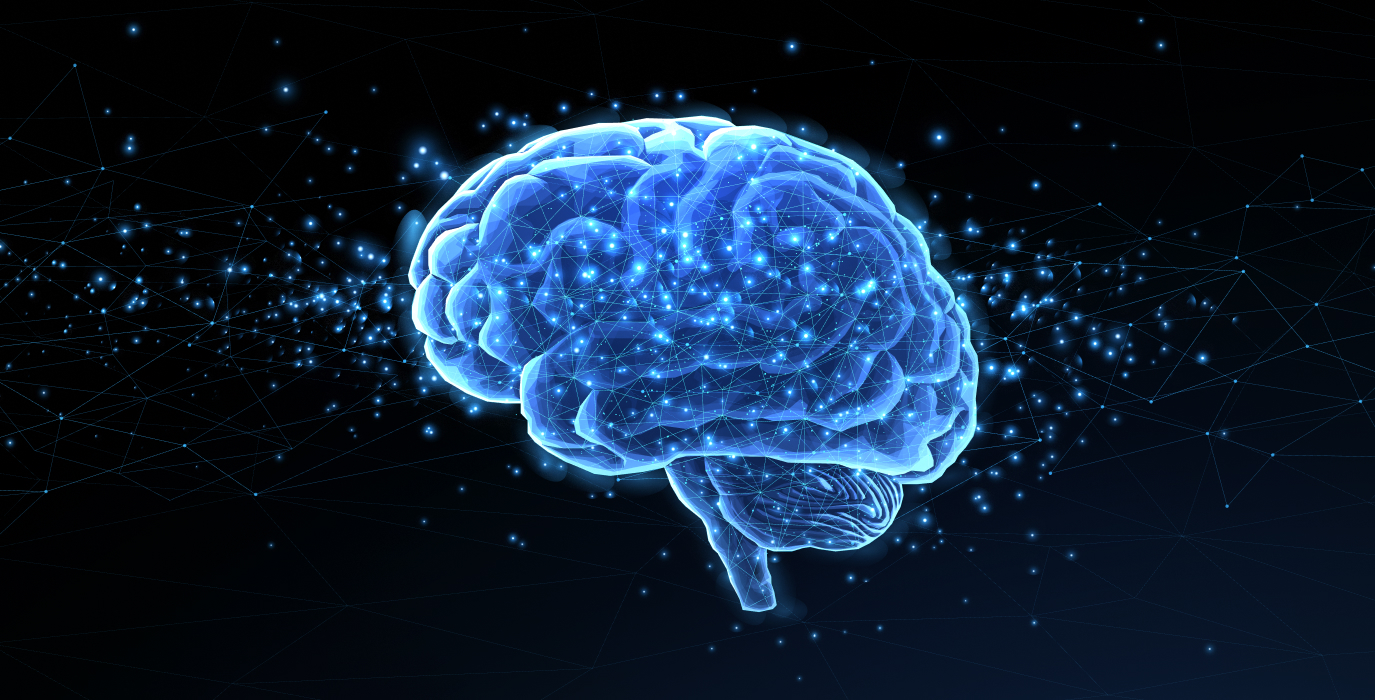Artificial intelligence is becoming more and more integrated in our daily lives. With so many AI agents surrounding us, the question of how they compare to human intelligence is more relevant than ever. The ongoing debate over when to rely on AI and when human judgement is essential grows ever more complex.
AI can help us with plenty of tasks, and it’s often praised for its speed, precision, and ability to process huge amounts of data. But how do these qualities measure up against human intuition, creativity, and emotional understanding? While AI excels at analysing vast datasets and identifying patterns, it lacks critical elements like ethical discernment, adaptability, and emotional intelligence.
This blog looks at how we can strike the right balance between optimising AI’s capabilities and maintaining human oversight to ensure ethical, informed decisions.
So, what are the strengths of AI?
AI is more than just automation, it’s the replication of cognitive functions such as learning, problem-solving, and pattern recognition.
Speed and efficiency - AI’s greatest strength lies in its ability to process vast amounts of data with unparalleled speed and accuracy. With such speed, tasks that would take humans hours or even years, can be done literally within seconds.
Consistency and accuracy - Unlike humans, AI doesn’t suffer from fatigue, burnout, or strong emotional reactions. This makes it highly reliable for repetitive tasks and ensures a consistent performance from start to finish.
Learning and adaptability - One of the most prominent features of almost all AI systems is that they can learn. Through machine learning, AI solutions can improve over time as they analyse new data and adjust their algorithms.
Scalability – it can easily handle increasing workloads without any loss in quality. It’s designed to scale on demand which makes it invaluable for businesses managing massive amounts of data or expanding their operations.
With all these advantages it’s easy to see why AI has become such an important tool to many businesses and organisations in the recent years. But should we exercise caution before letting machines do all the decision-making for us?
Why Human Judgement is still essential…
AI thrives on data. Its decisions are grounded in algorithms that analyse vast datasets to find correlations and patterns. But decision-making is not the same as data analysis.
Human decision-making is often:
Contextual – influenced by circumstances that may not be quantifiable.
Moral – guided by principles, ethics, and values. Decision-making often involves ethical considerations and moral judgment. These concepts are deeply rooted in human values and cultural contexts, so AI doesn’t have the same understanding of such notions. Humans can weigh the broader consequences of their actions in ways that can’t be defined by algorithms.
Intuitive – based on gut feelings shaped by lived experience. One of the most remarkable human traits is their adaptability. People can easily read into unforeseen circumstances and act accordingly. Whether it’s navigating sudden changes in trends or thinking on the fly, our ability to handle uncertainty and improvisation is key.
Creative – imagining outcomes beyond the data set. Human intelligence thrives on creativity, unlike AI, which relies on patterns and data, humans can imagine entirely new concepts and ideas.
Emotional – considering human wellbeing, not just efficiency. Yes, sometimes, emotional decisions can be not-so-objective, but emotional intelligence is essential for building relationships and resolving conflicts. It also helps with understanding complex social dynamics. This allows for empathy and nuanced decision-making that AI cannot replicate for now.
Whilst AI excels at the technical aspect, when it comes to ethics, creativity, and interpersonal matters, humans need to stay in charge. AI does have the potential to enhance decision-making, but its human intelligence that adds depth and meaning to it.
Striking the Right Balance
So, could a collaboration be the key? An understanding between AI systems and human intelligence. AI can handle the large-scale, repetitive tasks, thereby freeing humans to focus on more strategic, complex decision-making. A collaborative approach allows organisations to harness AI’s capabilities while ensuring that humans remain the ultimate decision-makers, especially in ethically charged or complex scenarios. Creating a balance of artificial intelligence vs human intelligence maximizes strengths and minimizes weaknesses.
The benefits of AI are clear. It streamlines workflows, speeds up processes, and helps us identify patterns we might miss. But there’s one thing that hasn’t changed: People are still at the heart of what makes a business successful. No matter how advanced the technology gets, it’s human effort and insight that truly drive progress.
The Role of Human Judgment in the Future of Work
While many fear that AI is replacing jobs and leaving the human workforce behind, it may be that as AI expands, jobs will evolve rather than vanish. Roles requiring complex decision-making, people skills, creativity, and adaptability will grow in value. According to McKinsey, while up to 30% of tasks in 60% of jobs may be automated, the core roles will remain human-centric, especially in areas like:
- Strategy
- Design
- Emotional intelligence
- Ethical governance
- Crisis response
Business leaders must therefore invest not just in AI infrastructure, but in human leadership development, ethics training, and creative problem-solving skills.
AI’s power lies in its ability to process data rapidly and identify patterns, but human judgement remains crucial for ethical, contextual, and emotionally intelligent decision-making. The future likely lies not in competition, but in collaboration between AI and humans. By striking the right balance between these two forces, we can build a future where AI serves as a tool to enhance, rather than replace, human expertise. In the AI age, the most successful organisations will be those that know how to balance data-driven automation with human-led strategy, ethics, and creativity.


